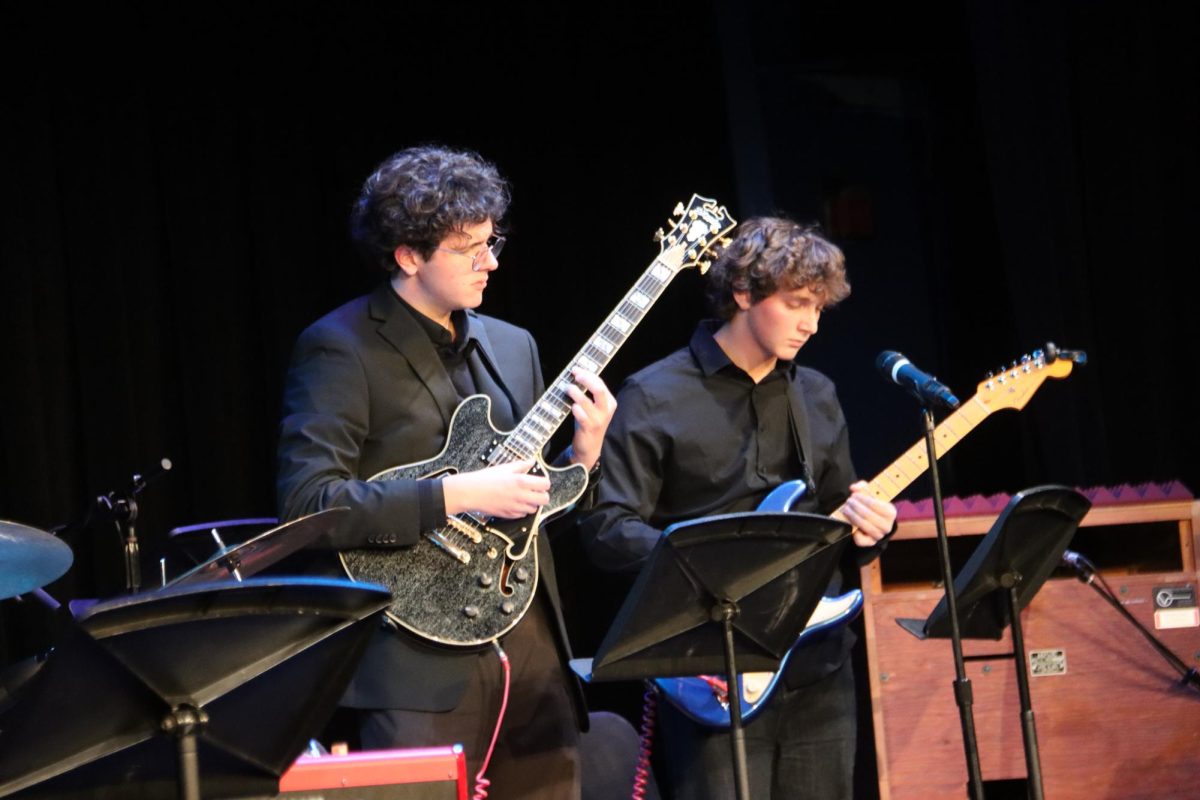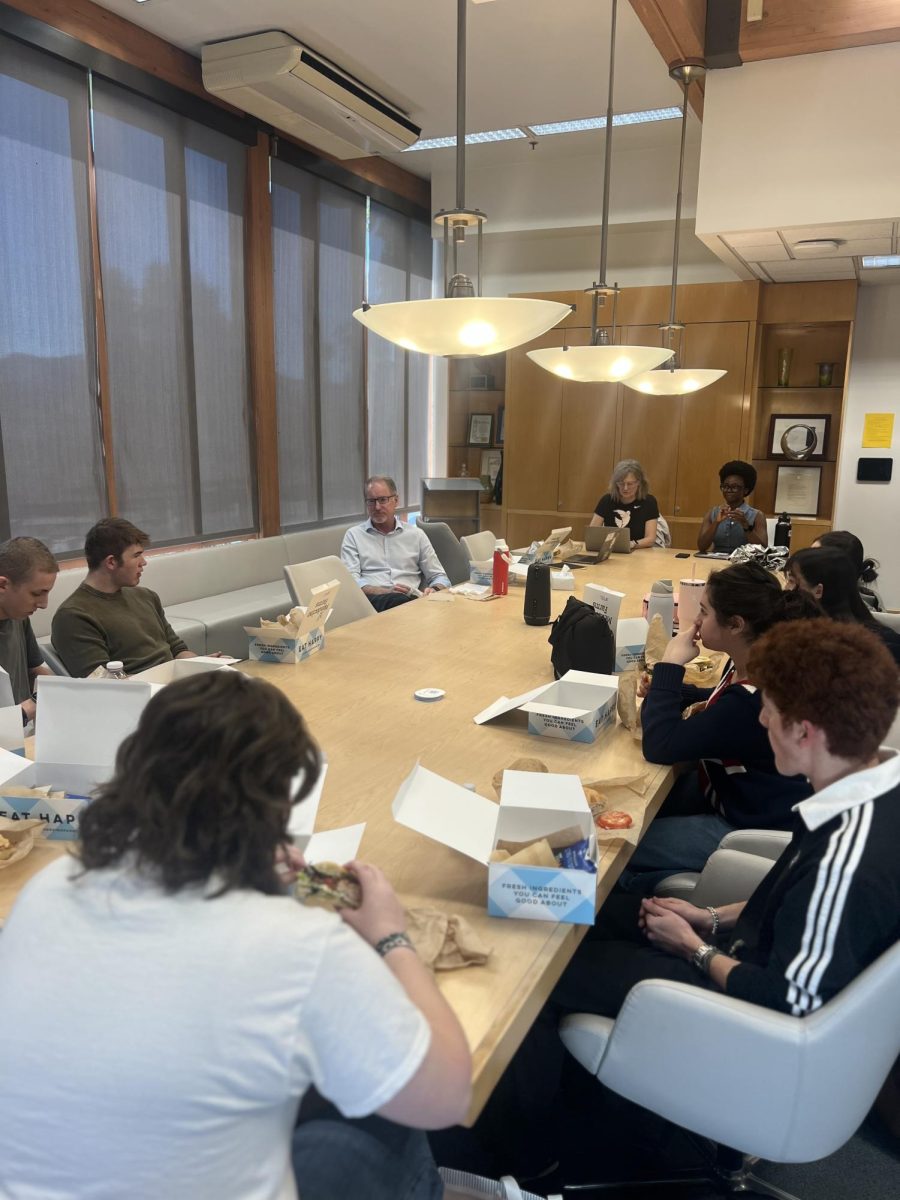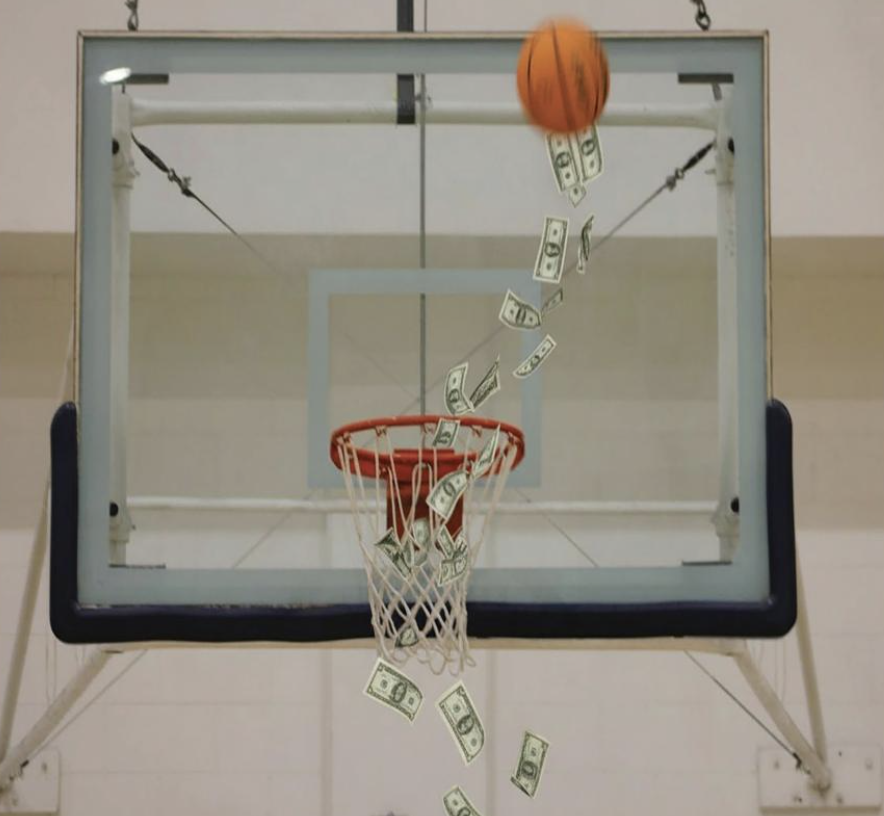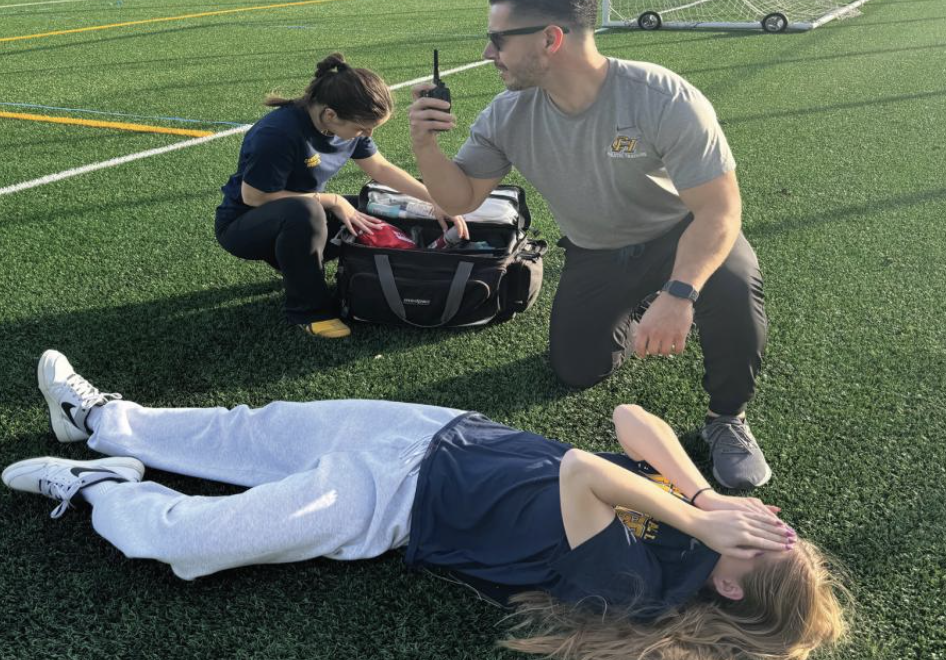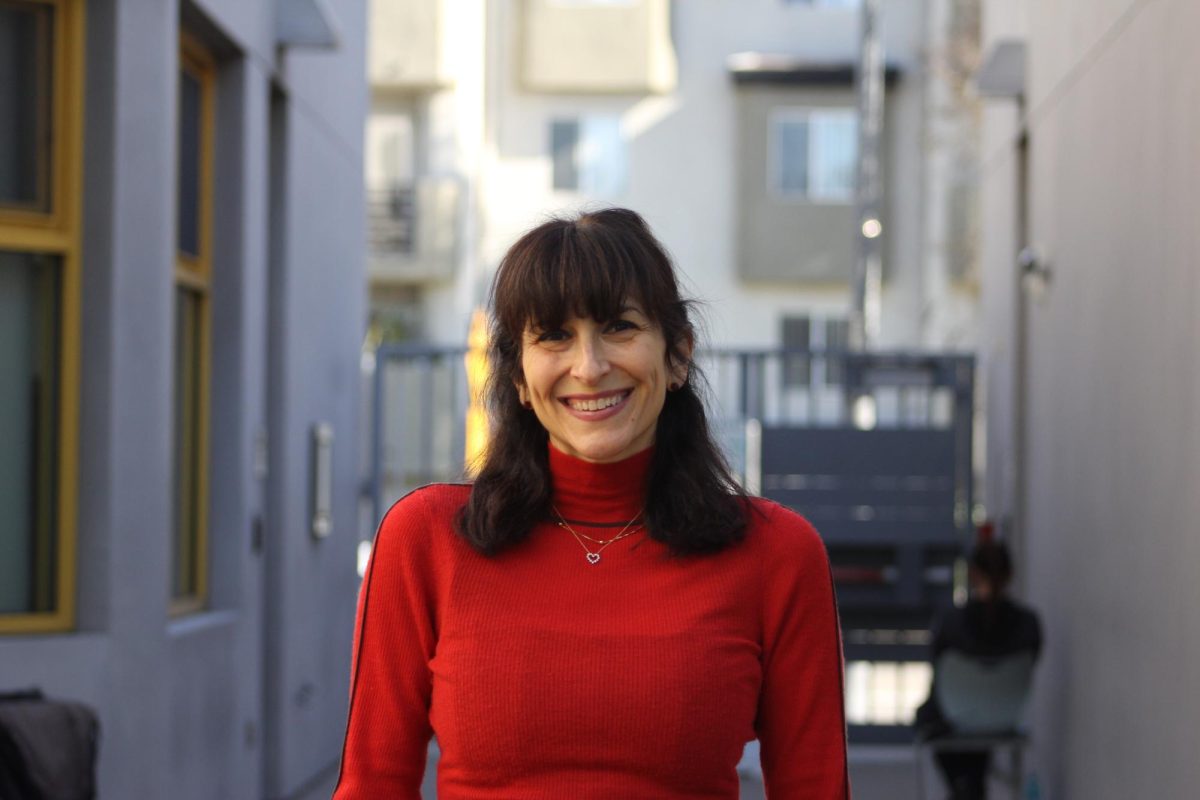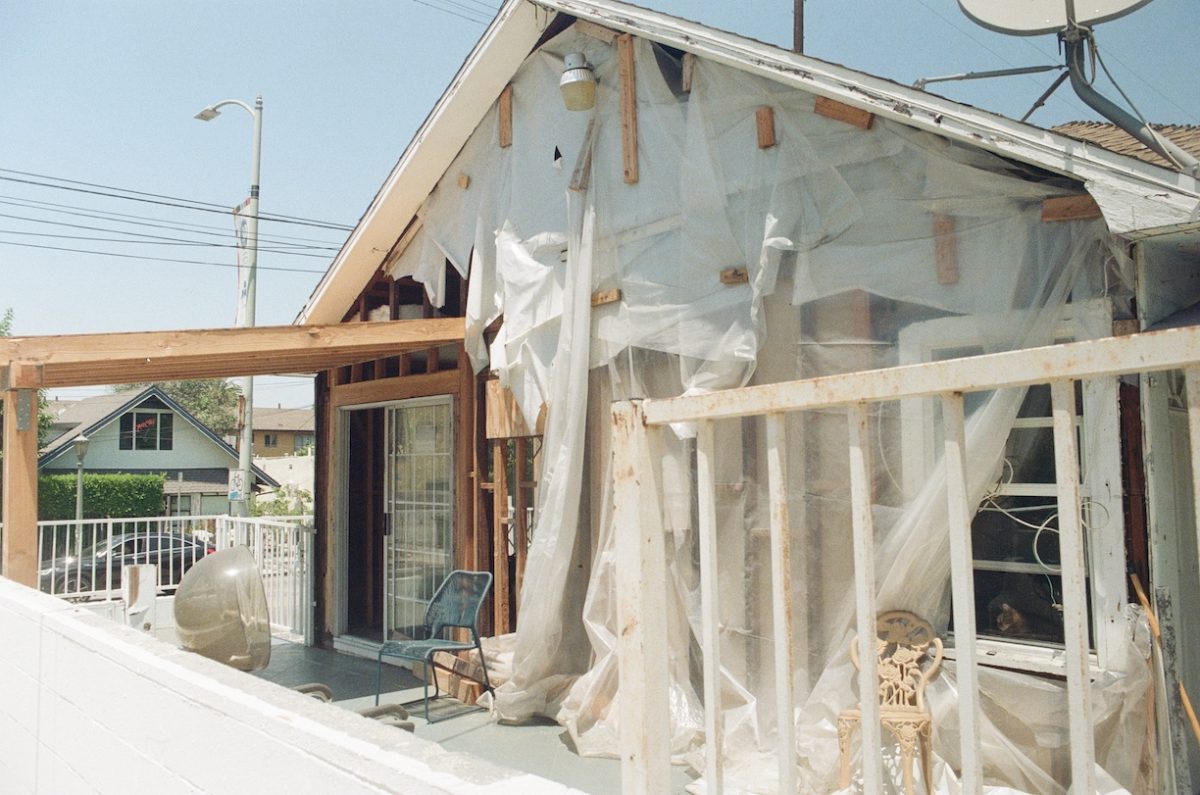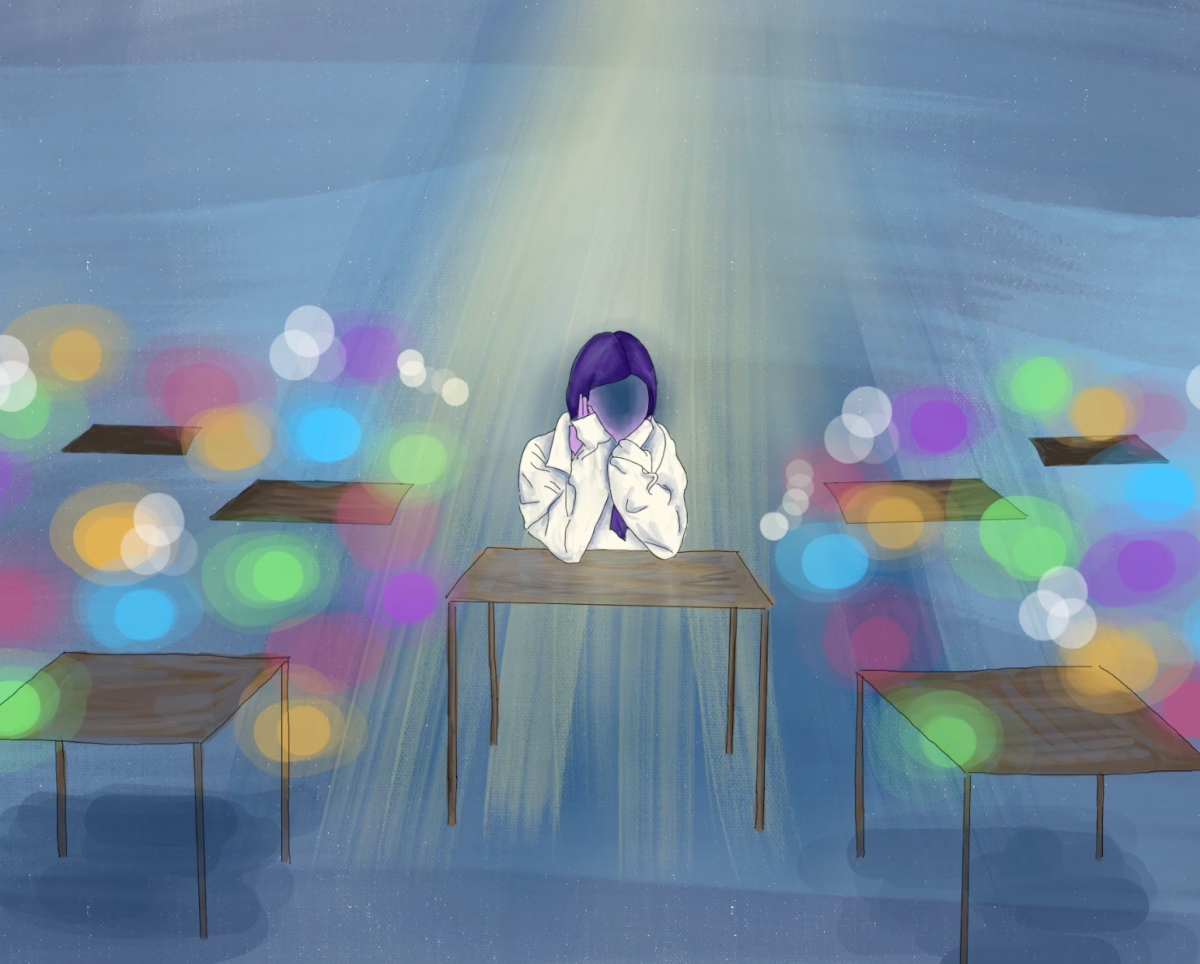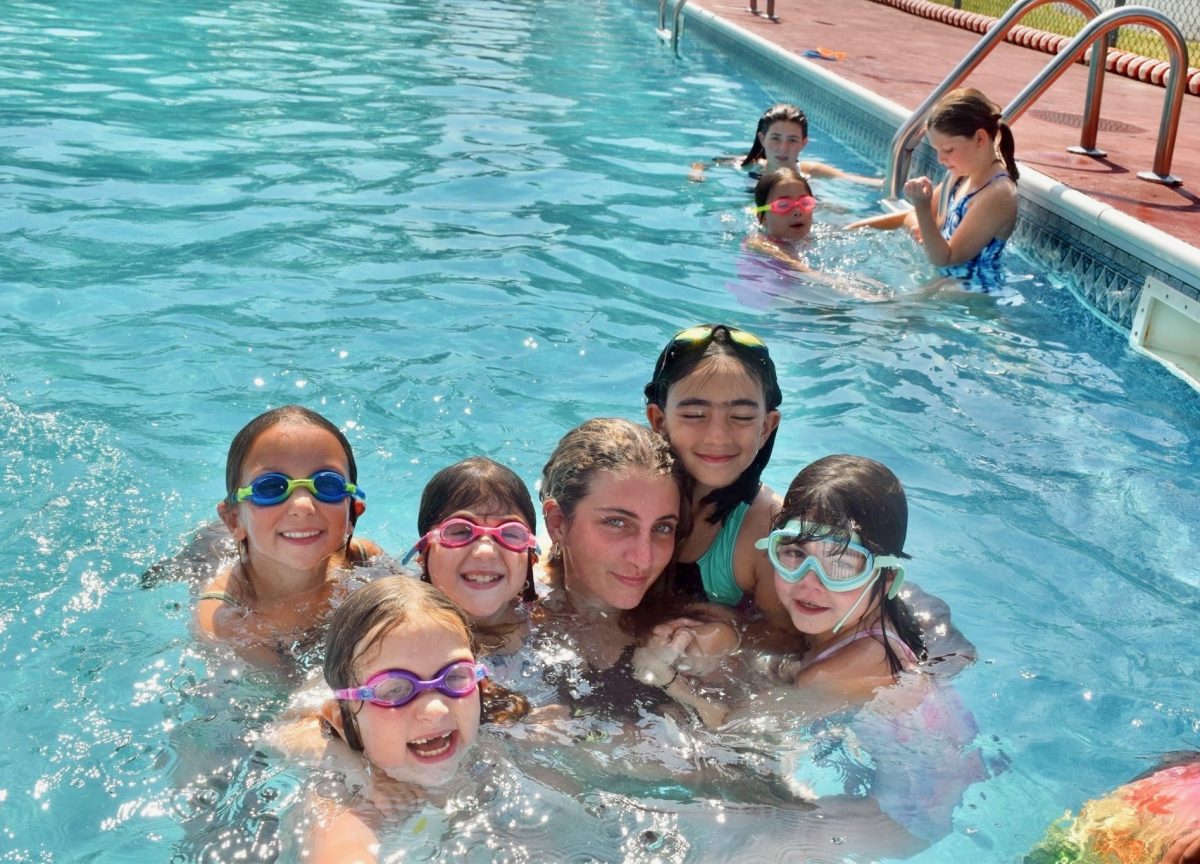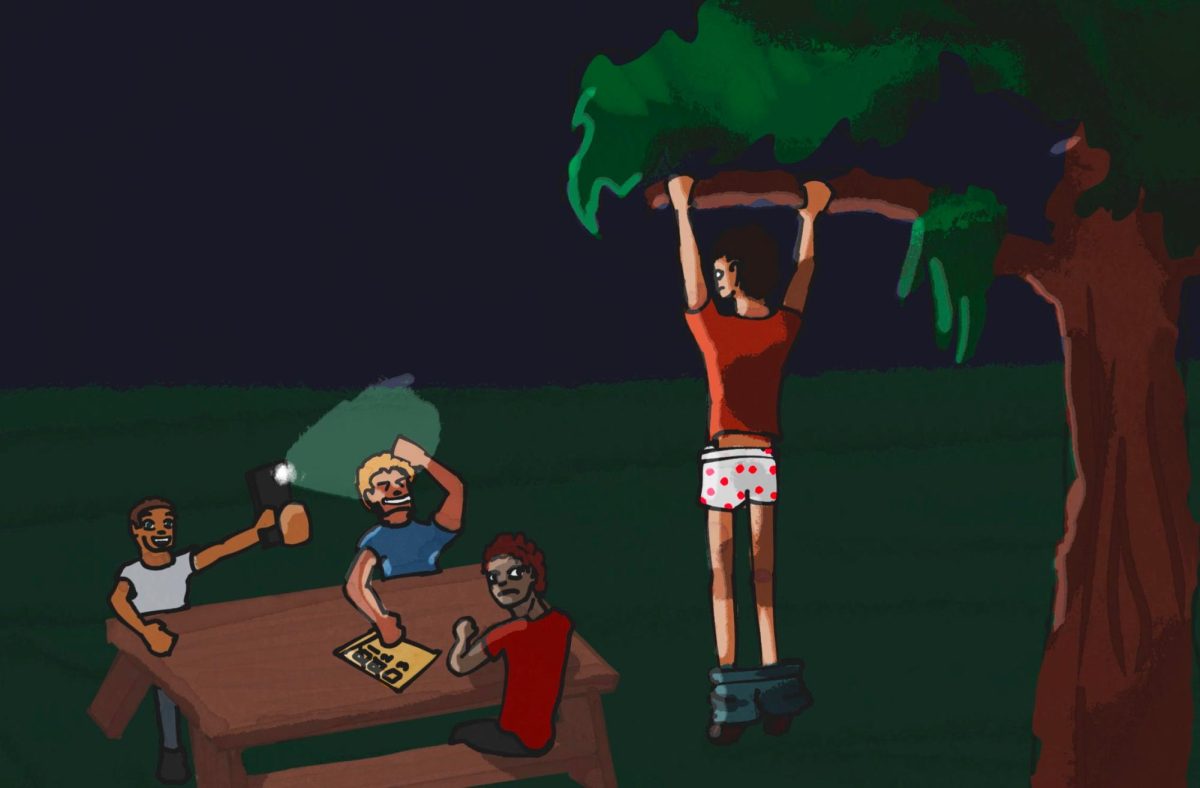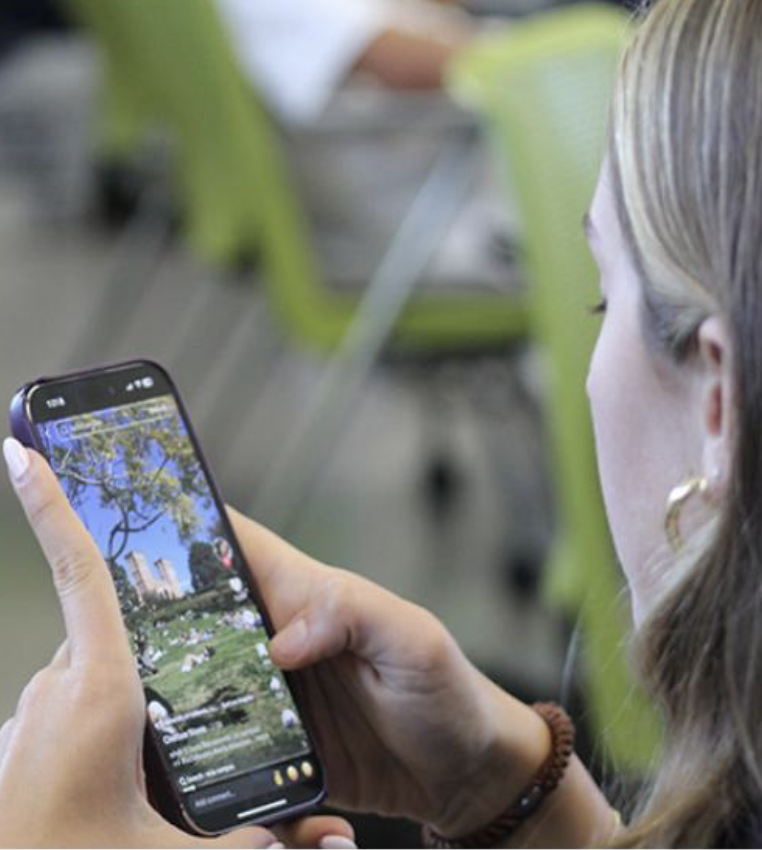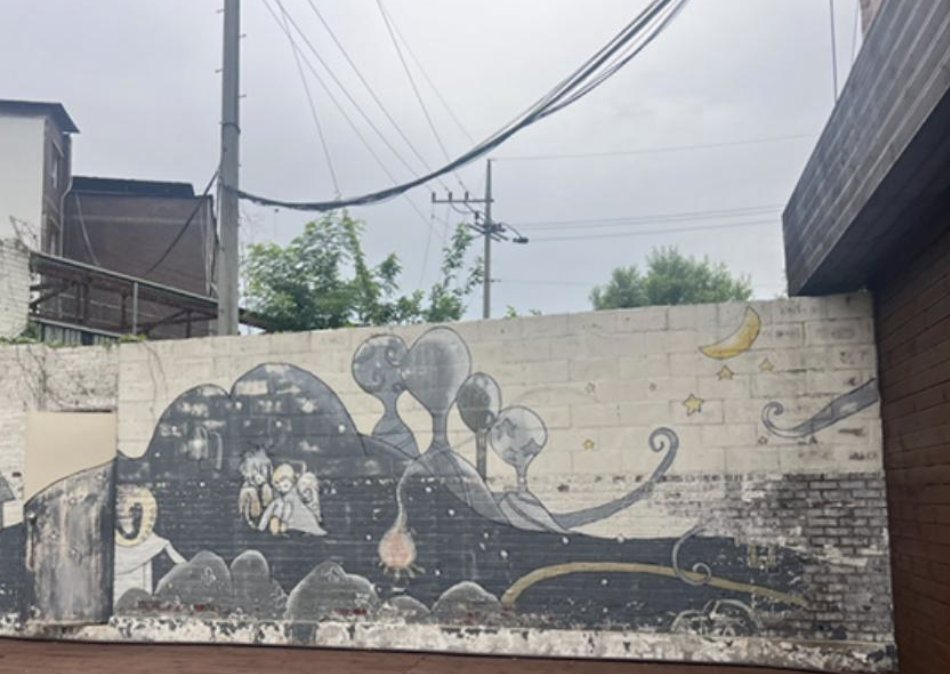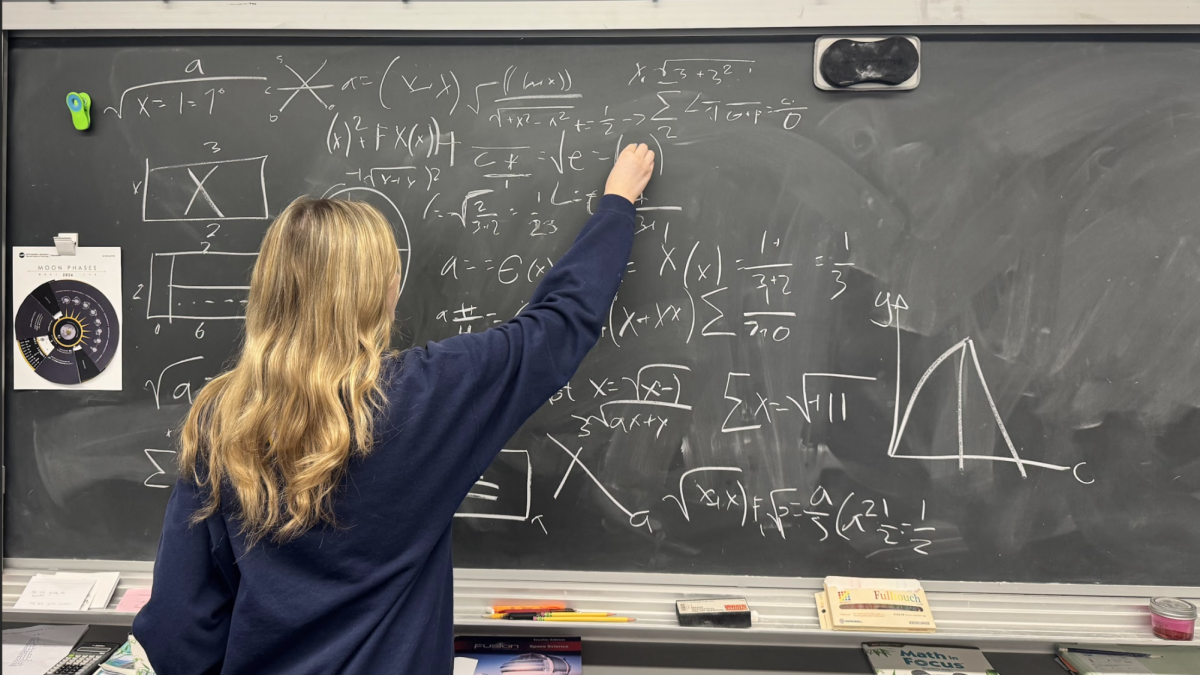Schools spend $6 billion on energy, according to an article by Jane Marsh for Environment in February 2024. The CHAI environmental science class is combatting this and other environmentally damaging realities with the sustainability grade project.
For the second year in a row, students in the class spend about eight weeks collecting data from various sources on the school’s sustainability and deliver a grade based on 53 metrics including electricity, teacher education, and food sourcing. According to CHAI environmental science teacher David Christiansen, this project evaluates the school’s environmental consciousness and teaches students how to interview and gather data. The project gives students a chance to change the way some programs in the school are run.
“I like that [the project] is grounded in real-world data that we are all seeing and interacting with on a daily basis,” Christiansen said. “It’s not in an imaginary city, asking what we [should] do; it’s our stuff. And it’s a way that we can evaluate and hopefully implement change here.”
After examining the results of last year’s project, the class concluded that, although the school thrived in many areas, there needed to be more native plants on campus. According to Christiansen, native plants help support the ecosystem and the animals around it. Additionally, native plants require less water than foreign plants. The environmental class is working with the Green Team, Campbell Hall’s environmental club, to implement this measure.
Shai B. ‘25 is excited to embark on the sustainability grading project aimed at reducing the school’s carbon footprint. Changing his diet in 2020 to be more sustainable for both himself and the environment, Shai has since been interested in farming and nutrition. For his role in the project, he will assess the Student Store’s carbon footprint and determine what can be improved.
“[The project] is really important because you’re contributing to a community that you want to be proud of, and you want to make sure that you’re being a part of something that’s good,” Shai said. “In general, for our future, it’s important to be mindful about the environment as well.”
Gus J. ‘25 shares this sentiment, believing that small changes in people’s daily lives can make a difference. Gus feels that his time in CHAI environmental science has been eye-opening; as a rock climber, he strives to use the tools he learned in class to help make the sport as sustainable as possible. For the project, Gus will research the school’s chemical management, particularly how small changes in their chemical usage can amount to large improvements in the school’s sustainability.
“One of the major factors in environmental sciences is community engagement, so [it is important to] get everybody in the community to be aware of what is happening and how we can fix that through small changes,” Gus said. “Any small change can have a massive difference. And if everybody’s willing to make little, small changes in their lives, there can be such a huge difference in our environmental health.”
Shai wants to continue focusing on environmental awareness in the future. Taking the tools he learned from this project and class, he plans to create an environmentally stable product or restaurant. Shai believes that this project is a stepping stone toward achieving his goal of sustaining the environment.
“[Climate change] is very important, and as we’re growing up, we’re left in the shadow of our parents’ generation and how they failed to implement sustainable practices,” Shai said. “I think that it’s important for us to try to reverse that and do what we can in order to have a better future.”


